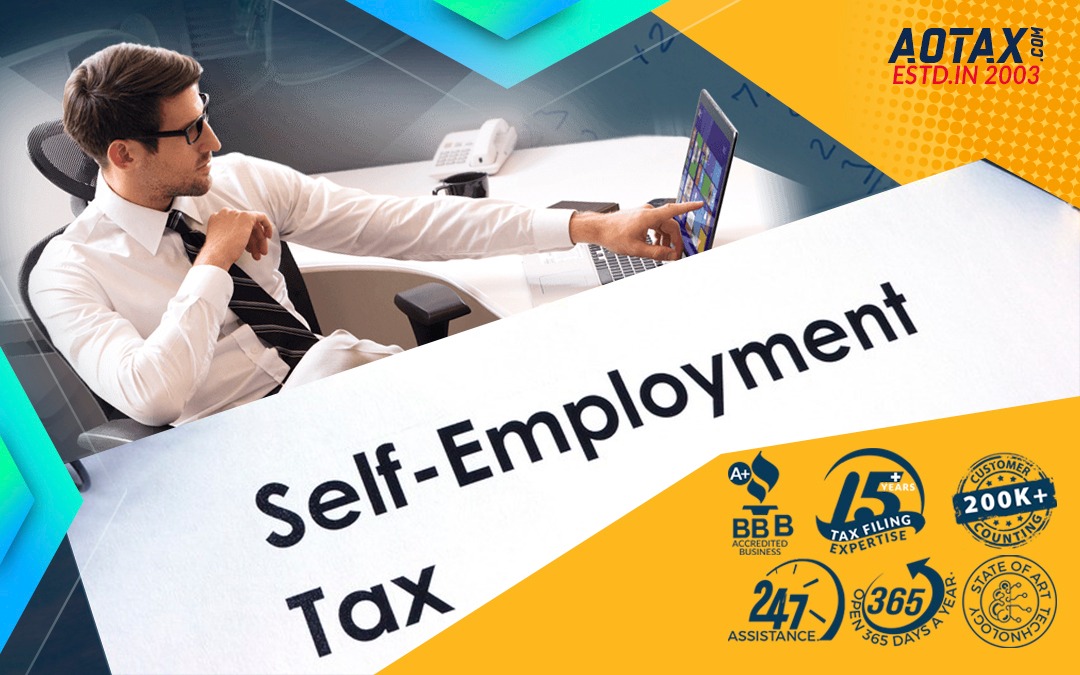


Deductions of IRA and self-employed retirement plan contributions, alimony, and student loan interest

Maximize Business Expenses
Maximize Business Expenses
Maximize Business Expenses: Beginning in 2018, business owners are able to write off most business purchases using the very liberal 100% bonus depreciation and the Sec. 179 expensing allowance. The property must be placed in service during the tax year for which the deduction is being claimed.
Changing jobs is a part and parcel of life. One can either look for better job opportunities or could be unfortunately part of corporate downsizing. In either case, there could be quite a few tax implications and impacts on your Tax benefits.
Being aware of them will help you overcome such situations gracefully. Here are the top tax benefits that you should not forget while switching jobs or businesses.
Withholding Tax
A vast majority of employees have a lot of taxes deducted from their paycheck. In fact, the number stands at about 100 million people receiving a fat refund cheque. With a new job, you have the option to set it right.
- With your new employer, it is time to revisit your W4 form.
- Allowances section in the form determines the amount of taxes that you will have to pay or the amount that is withheld from your income.
- Do you choose the right structure for your business? How your business is structured can have a significant impact on the taxes that you pay. For example LLC’s, S-corporations are Pass-through entities which means your profit will be taxed at the ordinary tax rate, while shareholders of C Corp are taxed at corporate tax rate and then again when they report the distribution on their tax return, as a result, the income is “Taxed Twice”

Remember the Annual Gift Tax Exemption
Remember the Annual Gift Tax Exemption
Remember the Annual Gift Tax Exemption: One of the best ways to ultimately reduce your estate taxes and at the same time give to those you love is to take advantage of the annual gift tax exemption. Although the gifts are not tax-deductible, for tax year 2018, you are able to give $15,000 to each of as many people as you want without having to report the transfer to the government or pay any gift tax. If this is something that you want to do, make sure that you do so by the end of the year, as you are not able to carry the $15,000 over into 2019.
A personal exemption is an amount that a resident taxpayer is entitled to claim as a tax deduction against personal income in calculating taxable income and consequently federal income tax. It has the effect of reducing income tax payable, even to tax-free level, but not so as to result in a tax refund.
Exemption Phase-Out. Taxpayers earning above a certain amount will lose part or all the $4,050 exemption. See Publication 501 for details.
Feel free to reach us for any Tax consulting service. Our Tax Experts are happy to help you

Optimize Health Savings Account Contributions
Optimize Health Savings Account Contributions
Optimize Health Savings Account Contributions: Did you become eligible to make contributions to a Health Savings Account this year? If so, then you can make deductible contributions into that account up to its maximum amount, no matter when you became eligible. For 2018, the maximum deduction for self-only coverage is $3,450; for family coverage, it is $6,900. Due date to contribute HSA April 15th of the Next Year. (For TY – 2018 the due date is April 15, 2019).
The account has various features which are as follows:
- You can set up the Health Savings Account with a qualified HSA trustee.
- You should have a HDHP to qualify for the HSA.
- Contributions to the HSA can be made by you, your employer, or both. If your HDHP covers only you, the maximum annual contributions to the HSA account would be limited to $3400. If your family is also covered by your health plan, the annual contribution limit goes up to $6750. Individuals above 55 years of age can contribute an additional $1000 in excess of this limit. If you or your employer’s total contributions exceed the specified limits, a penalty of 6% would be levied.
- The contributions made to the HSA, by you or by your employer, are tax-free. They are deducted in the ‘adjustments to income’ section on the Income Tax Form 1040.
- If your HSA earns any interest, such interest is also tax-free.
The balance in the HSA should be used only to pay qualifying medical expenses. If the HSA is used for paying non-qualifying medical expenses a penalty of 20% would be charged. This penalty, however, would not be applicable if the individual is more than 65 years old, becomes disabled or dies.

Recent Comments